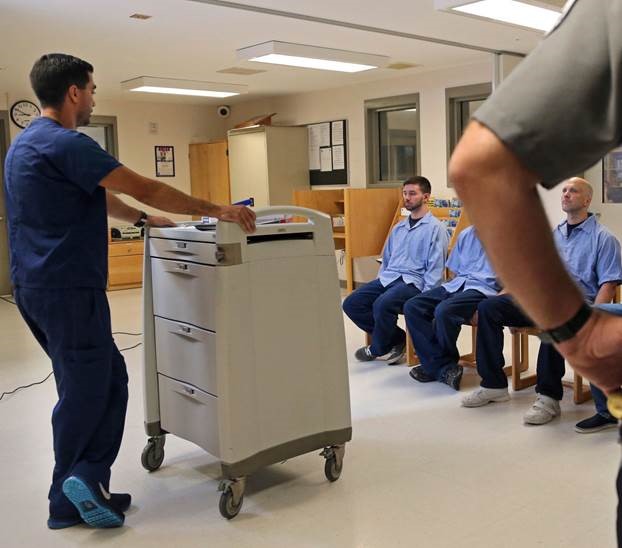Ryther’s Medication for Addiction Treatment Program
Ryther, a nonprofit mental health service provider for children, teens, and young adults in Seattle, Washington, provides therapeutic services to youth struggling with mental and behavioral health issues, including substance use disorder (SUD). As part of its menu of services for SUD treatment, Ryther offers medication for addiction treatment (MAT) for those aged 12 to 25 who have opioid use disorder (OUD), making the program unique in focusing on young people. Ryther’s MAT program provides holistic treatment that addresses the physical, mental, emotional, and social challenges faced by children and young adults with SUD. Many of the participants in Ryther’s MAT program are homeless or experiencing housing instability, and the program is designed to provide these individuals with low barrier resources and support....








